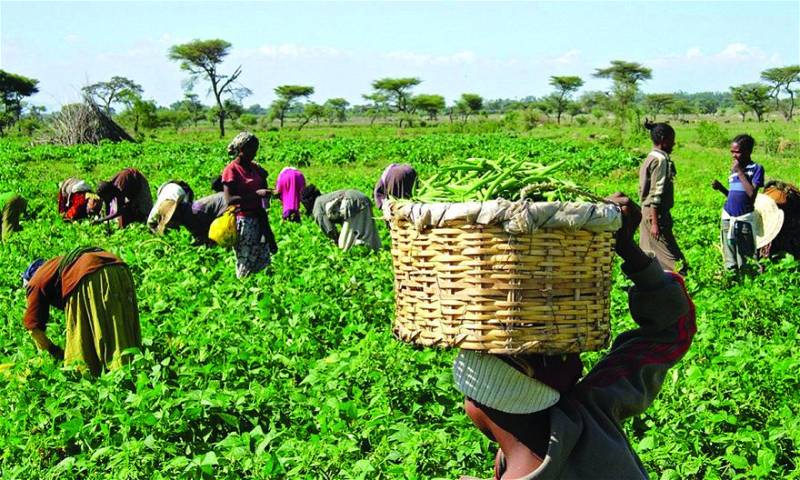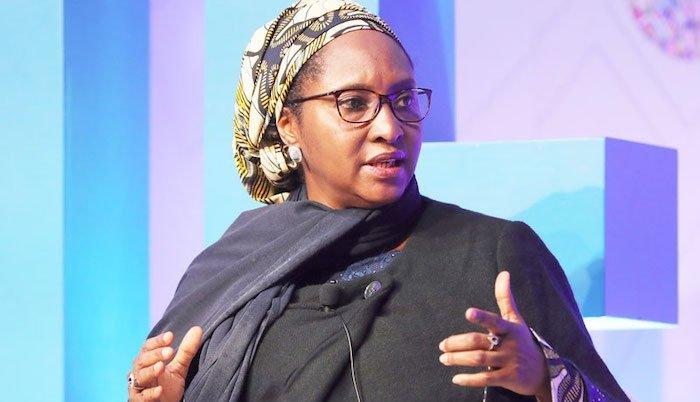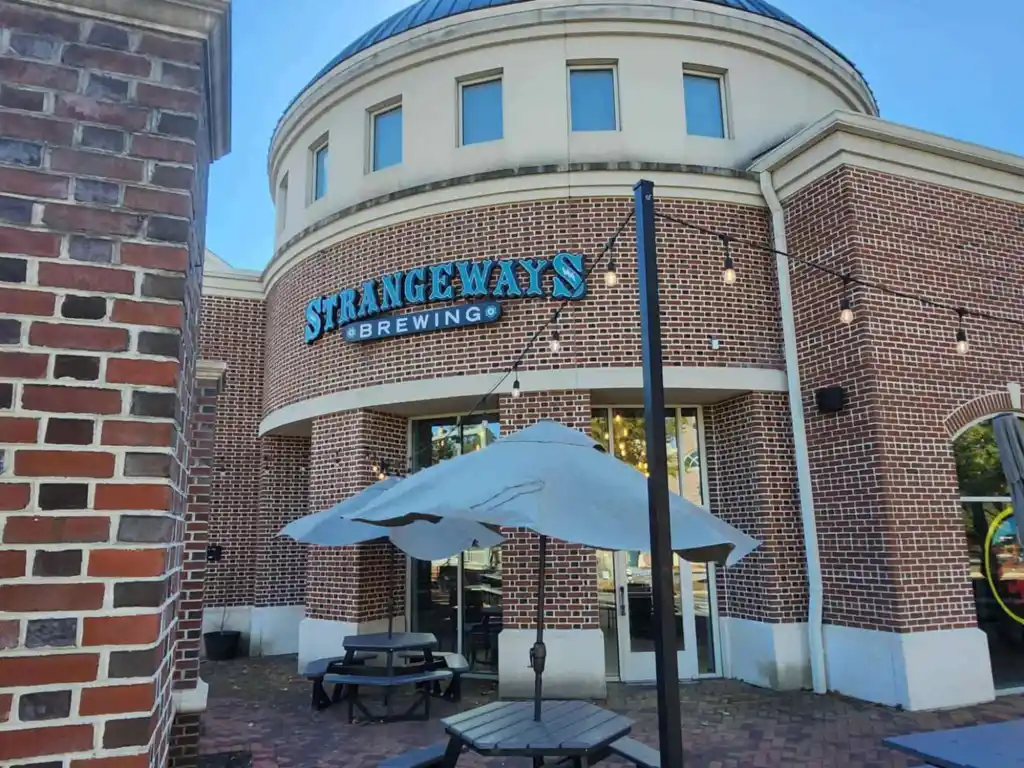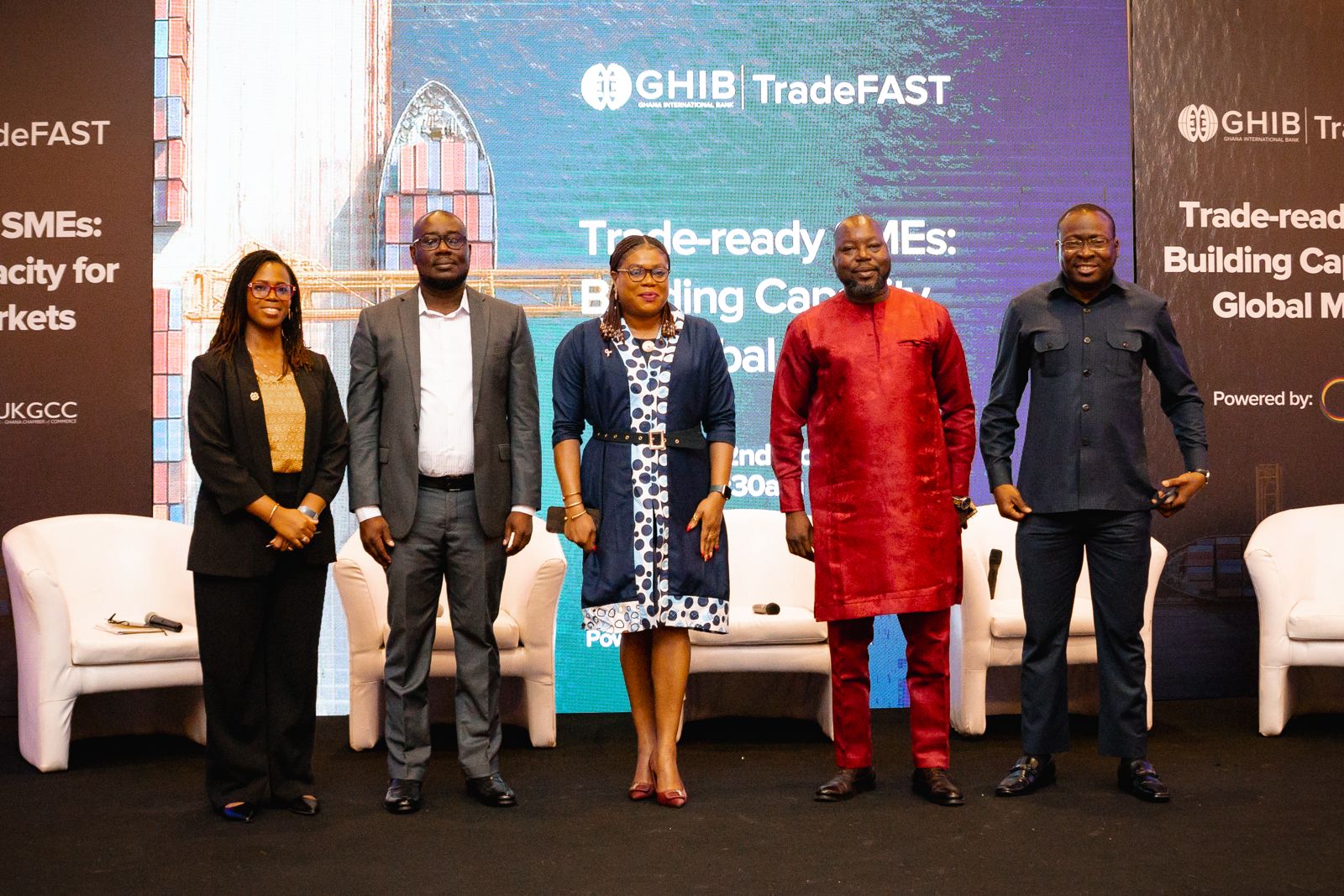Copyright radarr

The Soil Values Programme, in partnership with the Nigerian Agro-Inputs Dealers Association (NAIDA) Northwest, has introduced a new mobile one-stop shop model to strengthen the delivery of agricultural inputs and services to smallholder farmers across northern Nigeria. The launch event took place in Dutse, Jigawa State, on Friday, attracting farmers, agro-dealers, extension workers, and government representatives. Speaking during the event, the Country Coordinator of Soil Values, Mrs. Medina Fagbemi, said the innovative model would help bridge the gap between farmers and essential inputs such as quality seeds, fertilizers, and crop protection products. She explained that the initiative will deploy nine mobile shops to reach more than 20 rural communities across Kano, Jigawa, and Bauchi states, directly benefiting over 7,000 smallholder farmers. Fagbemi noted that the project aims to address key challenges such as poor access to quality inputs, high transportation costs, and weak supply chains that limit farmers’ productivity in northern Nigeria. According to her, the one-stop shop model provides a market-based delivery system that takes the products and services directly to farmers’ doorsteps. “This model integrates agronomic advisory services, soil testing, and digital profiling of farmers to ensure that input distribution is backed by knowledge and data-driven recommendations for improved soil health and productivity,” she said. “By linking farmers, agro-dealers, and other value chain actors, we are promoting inclusive access, market efficiency, and sustainable soil management practices that can improve livelihoods and strengthen food security.” She urged beneficiaries to maintain integrity and professionalism while implementing the project, stressing that their commitment will determine its success. “I commend all the trained agropreneurs and extension agents for their enthusiasm in embracing this innovative model. You have a vital role in ensuring that inputs are delivered efficiently and ethically, and that smallholder farmers get the right support to increase their yields,” she added. Earlier in his remarks, the Vice President of NAIDA Northwest, Mr. Abdullahi Muhammed, advised the beneficiaries to be ambassadors of good practice and to implement the lessons learned during their three-day capacity-building training. He said the programme would only succeed if participants uphold the principles of honesty and accountability in managing the mobile shops. The Director of the Jigawa State Agricultural Transformation Agency, Dr. Saifullahi Umar, also commended the initiative, describing it as timely and aligned with the state government’s agricultural development goals. He said the Governor Umar Namadi administration would continue to support programmes that empower farmers and promote sustainable agricultural practices. “We are happy that Jigawa is one of the states benefiting from this initiative. Our government remains committed to improving access to inputs and supporting innovation that enhances productivity,” Umar said. Speaking on behalf of the beneficiaries, Mr. Mathew Zaki and Mr. Tasiu Muhammed thanked the organisers for the opportunity and pledged to use the mobile shops responsibly. They said the training had equipped them with business and financial management skills needed to operate the shops effectively. The Secretary of NAIDA Northwest, Mr. Muhammed Auwal, assured that the association would closely monitor the distribution process to ensure transparency and accountability. He reminded the beneficiaries that the success of the project depends on their ability to manage the shops effectively and maintain trust within their communities. The Soil Values Programme is a €100 million, 10-year initiative funded by the Directorate for International Cooperation of the Kingdom of the Netherlands. It is being implemented across Northern Nigeria, Niger, Mali, and Burkina Faso, with the goal of improving soil fertility, reducing yield gaps, and increasing resilience to climate shocks for 1.5 million smallholder farmers. The programme also seeks to restore 2 million hectares of degraded lands across the Sahel region. In Northern Nigeria, the initiative targets 600,000 smallholder farmers—including women and youth—over a decade, aiming to restore 800,000 hectares of degraded farmland. The programme is led by the International Fertilizer Development Centre (IFDC) in partnership with SNV Netherlands Development Organisation and Wageningen University & Research. Other knowledge partners include the International Institute of Tropical Agriculture (IITA), Alliance for a Green Revolution in Africa (AGRA), World Agroforestry (ICRAF), International Water Management Institute (IWMI), and ISRIC World Soil Information. The new one-stop shop model marks a major milestone in Nigeria’s push for sustainable agricultural transformation. By combining technology, training, and community-driven delivery, the Soil Values Programme aims to empower smallholder farmers with the resources and knowledge they need to increase productivity and strengthen rural economies across the region.



